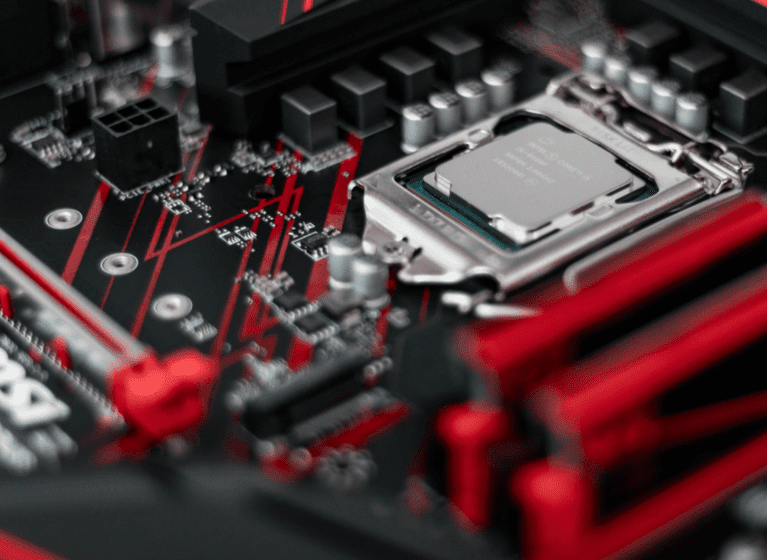The Singapore Intellectual Property Strategy 2030 (SIPS 2030) was announced on 26 April 2021 in conjunction with World IP Day. SIPS 2030 provides a roadmap for Singapore to enhance the IP ecosystem, and defines a coordinated approach across multiple government ministries and agencies to reach the desired outcome by 2030 or thereabouts. However, SIPS 2030 is likely to affect companies differently, depending on various factors, such as size of company, IP strategy of the company, IP portfolio size of the company, and so forth. We hope the following article will provide some relevant insights in this regard.
Since Singapore transitioned from a manufacturing-based economy from its founding years to a services-oriented knowledge economy around the start of the current millennium, intellectual assets (IA) have been a critical aspect for the transformation of the economy. The IP Hub Master Plan conceived in 2013 was an initial attempt by the Singapore government at broadly providing a framework to build up the talent pool of IP professionals and to bolster the diversity of IP service providers in Singapore to service businesses seeking to exploit their IA in Southeast Asia.
SIPS 2030, as announced on 26 April 2021, is the next step in Singapore’s journey to further enhance their IP ecosystem. It builds upon the aforementioned IP Hub Master Plan and is coordinated across multiple government ministries/agencies in an over-arching manner. The government ministries/agencies which are involved straddle industry sectors such as, R&D, professional services, legal services, and so forth.
Consequent to the implementation of the IP Hub Master Plan, it would appear that the talent and service base that has been developed in Singapore now needs to be supported by commercial entities which generate intellectual assets (IA) and consequently require expertise to protect/exploit/optimize their IA. Such entities would benefit substantially from SIPS 2030, and in turn, such entities would also make substantial contributions to the Singapore economy. Furthermore, SIPS 2030 also defines evolutions to the IP ecosystem to better position Singapore as a global hub for IP/IA activities and transactions, particularly to ensure that laws and processes are favourable for business growth.
What can a business entity operating in Singapore or one that is considering making such an investment look forward to from the implementation of SIPS 2030?
The perks that are likely to result from SIPS 2030 are:
- Enhanced end-user IP filing systems – The Intellectual Property Office of Singapore (IPOS) is rolling out an IP filing system (eventually) which is configured to guide end-users with predictive assistance, and analytics capabilities.
- Enhanced IP dispute resolution options –SIPS 2030 defines the intention to attract more dispute resolution entities to Singapore (currently only Singapore International Mediation Centre and the World Intellectual Property Organization’s Arbitration and Mediation Center), such that IP asset owners in Singapore are able to gain access to more dispute resolution options when seeking to exploit their IP assets.
- Attracting and cultivating IP-driven commercial entities – SIPS 2030 defines an intention to assist commercial entities to identify, obtain/acquire, and monetize their IA/IP assets. Once more commercial entities are able to successfully monetize their IA/IP assets, such positive outcomes will likely lead to commercial entities scaling up their IP efforts, and/or attracting more IP driven commercial entities to Singapore to tap on an IP ecosystem that can enable fulfilment of their IP-driven objectives.
Conclusion
SIPS 2030 sets out a roadmap to further enhance Singapore’s position as an IP hub which underpins its standing as a favourable location to carry out commercial activities. With effective IP laws and ease of doing business, it is entirely possible that the IP hub status of Singapore becomes a primary differentiator in the eyes of IP driven commercial entities when deciding where to establish operations. When such entities do select Singapore, it is evident that the Singapore economy can only benefit when such a situation materializes. From this perspective, it becomes evident how critical SIPS 2030 is in relation to the continued competitiveness of Singapore in an increasingly challenging world.




















